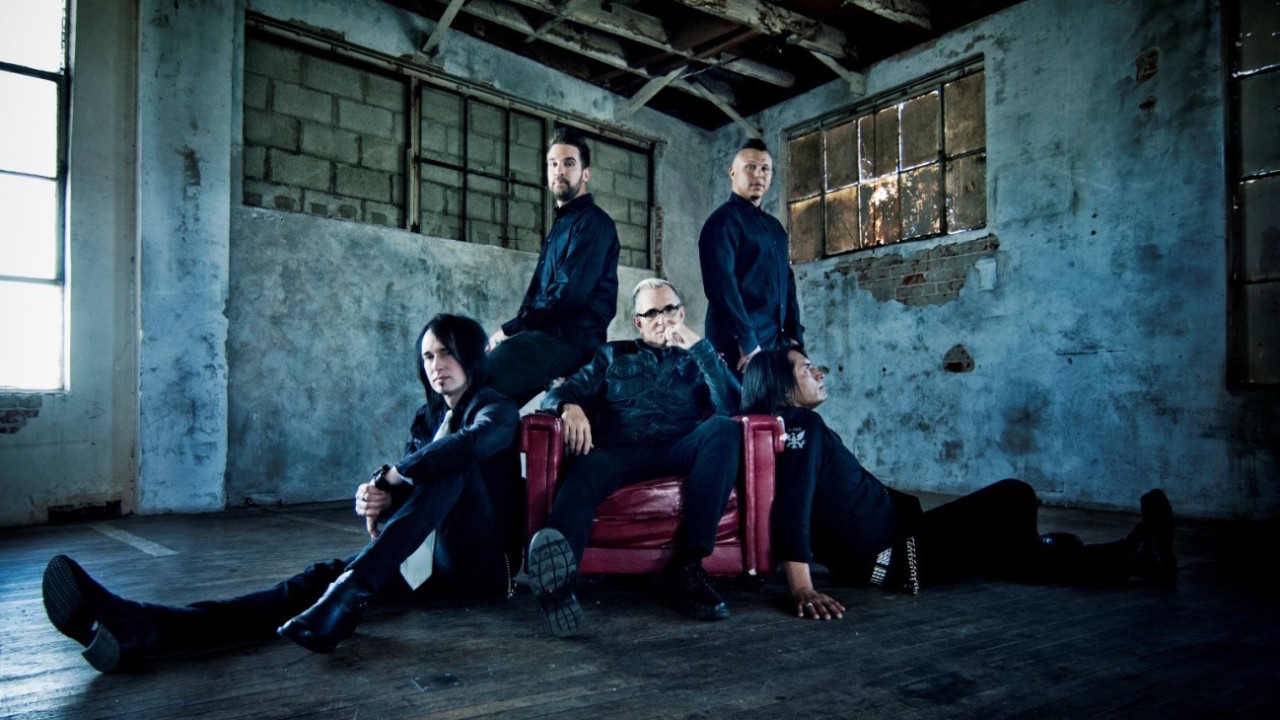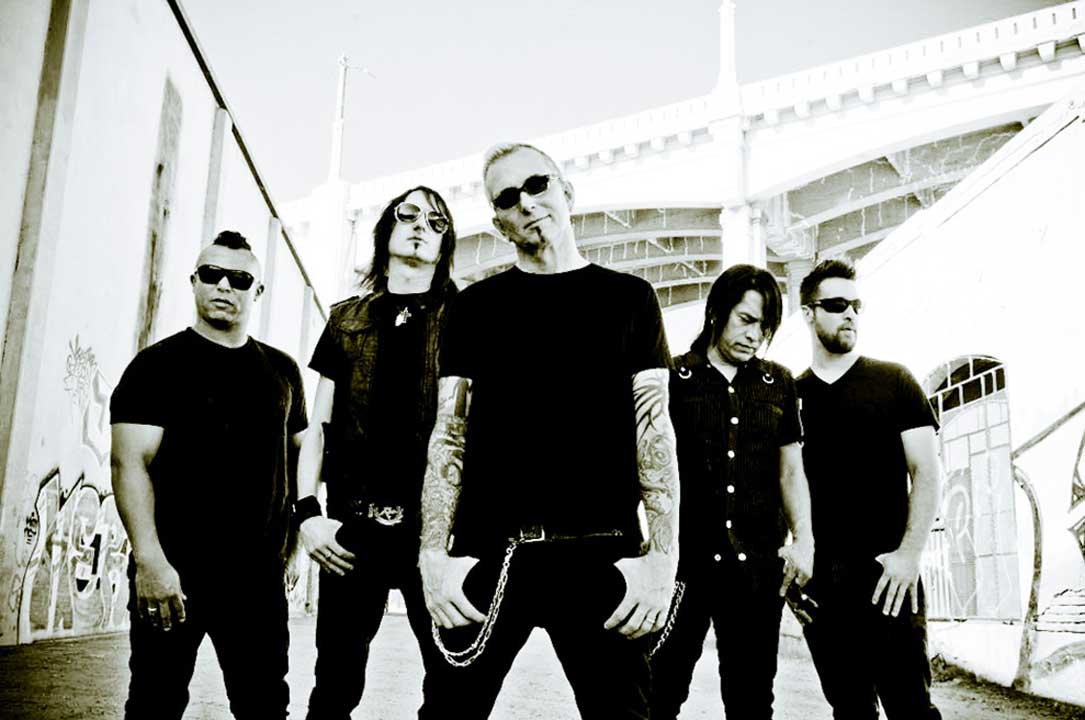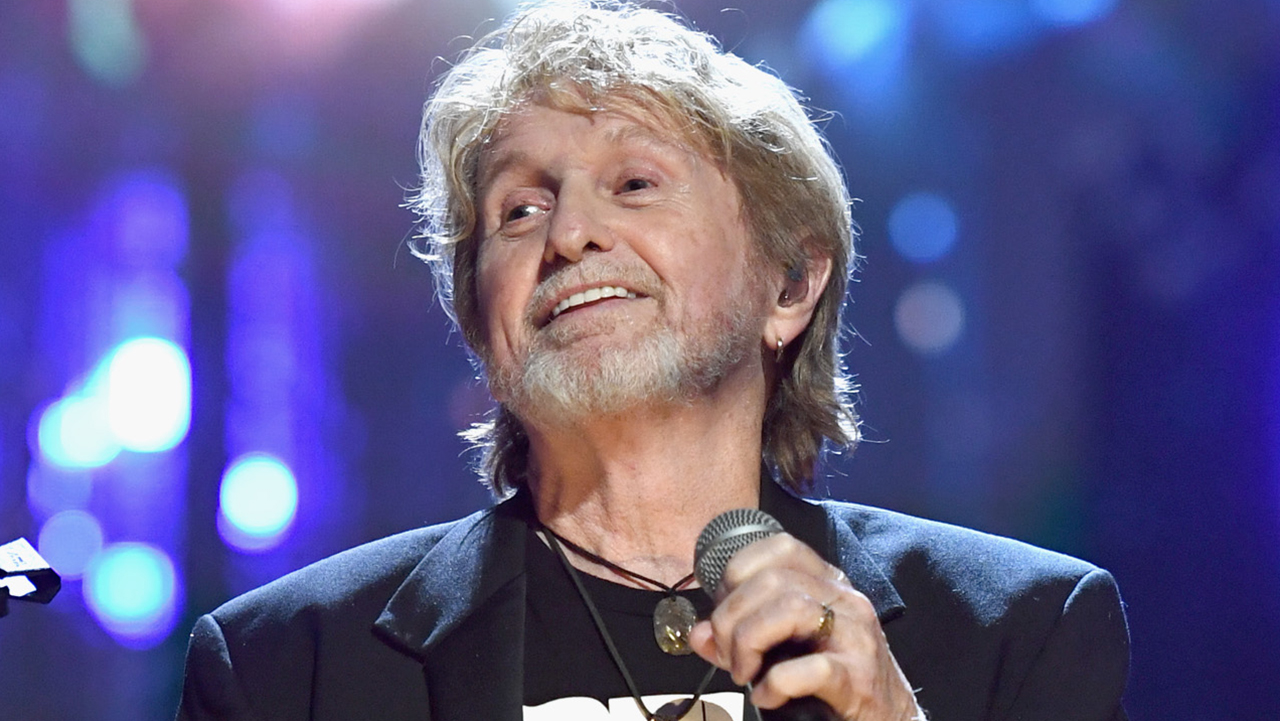Everclear: out of the darkness and into the black
Everclear's Art Alexakis on how music helped him escape the darkness, as his band release their spikiest album in two decades

Select the newsletters you’d like to receive. Then, add your email to sign up.
You are now subscribed
Your newsletter sign-up was successful
Want to add more newsletters?

Every Friday
Louder
Louder’s weekly newsletter is jam-packed with the team’s personal highlights from the last seven days, including features, breaking news, reviews and tons of juicy exclusives from the world of alternative music.

Every Friday
Classic Rock
The Classic Rock newsletter is an essential read for the discerning rock fan. Every week we bring you the news, reviews and the very best features and interviews from our extensive archive. Written by rock fans for rock fans.

Every Friday
Metal Hammer
For the last four decades Metal Hammer has been the world’s greatest metal magazine. Created by metalheads for metalheads, ‘Hammer takes you behind the scenes, closer to the action, and nearer to the bands that you love the most.

Every Friday
Prog
The Prog newsletter brings you the very best of Prog Magazine and our website, every Friday. We'll deliver you the very latest news from the Prog universe, informative features and archive material from Prog’s impressive vault.
There’s a lyric on the new Everclear album, Black Is The New Black, that will stop your heart.
“I was raped when I was eight years old, on a sunny afternoon,” Art Alexakis sings on You, going on to detail how a group of teenage boys on the Californian housing projects where he grew up “started hurting me, laughing as they held me down.” If it’s harrowing to listen to, one can only imagine the strength it took for the singer to commit these memories to tape.
Entirely understandably, this isn’t a lyric which the 53-year-old musician wants to discuss in detail while sitting in a mini-bus with his bandmates en route to a soundcheck for a gig in Melbourne.
“The new record is a really dark, angry record,” he says simply. “Which is kinda ironic, because personally I’m in a really good place right now. But I think it’s because I’m in a good place that I feel safe to revisit the darkness… and strong enough to get out of it again. That wasn’t always the case…”
When Alexakis says that listening now to Everclear’s earliest releases all he hears is “rage, pure rage”, it’s not hard to fathom where that anger came from, not least because the singer has laid out the sources of his pain in unflinching detail throughout his band’s 24 year career. Raised by his mother on the Mar Vista Gardens housing project on the outskirts of Los Angeles after his father walked out on the family, the youngster lost his older brother George to a heroin overdose and his girlfriend to suicide before his thirteenth birthday, twin tragedies which led him to attempt to kill himself by jumping off Santa Monica pier with his pockets weighted down by stones and sand.
By 13, Alexakis was shooting heroin, and dealing drugs to friends: before he was old enough to legally drink his clientele had expanded to include English rock stars and Hollywood actors. In the summer of 1984 he shot up three-quarters of a gram of cocaine at a friend’s house in Orange County and collapsed writhing on the floor: but for the immediate attention of a medic who lived next door, he would not have seen the sun rise. It was time for a change of scenery, and a change of occupation. Alexakis decided to move to San Francisco and become a rock star.
“I was always able to express myself better with a guitar in my hands,” he recalls. “Songwriting was always a kind of therapy, a way of getting shit out. I wore all the darkness on my sleeves. It wasn’t until I started to like myself a little better that I was able to move on from that.”
Sign up below to get the latest from Classic Rock, plus exclusive special offers, direct to your inbox!
No sooner had the singer’s band Colorfinger began to attract a cult following in the Bay Area than fate intervened to derail plans once again. Alexakis’ girlfriend Jenny became pregnant, and the young couple relocated to her hometown of Portland, Oregon to await their baby’s arrival. Cast adrift from old friends, the singer was restless, bored and fearful of falling into old bad habits in a city infamous for the ready availability of heroin.
“I told my girlfriend ‘I have to do one more band or I’m going to kill myself’,” he recalls.
“I understood the Nirvana comparison, of course I did,” Alexakis sighs. “Blonde-haired singer, three-piece, screaming, from the North-West… I understood it. But it seemed that a lot of writers used that comparison as a way to attack us, like we were deliberately trying to copy Nirvana, which was nonsense. People always try to put you in a box, but all you have to do is smile, keep going and politely say ‘Fuck them’.”
Constant touring and moderate airplay for World Of Noise’s most accessible moment, Fire Maple Song, brought Everclear to the attention of Perry Watts-Russell, brother of 4AD label boss Ivo Watts-Russell, who signed the band to Capitol Records. Drawing deeply upon stories from Alexakis’ troubled past with raw, open-hearted power-pop anthems such as Heroin Girl and Santa Monica, the trio’s Capitol debut Sparkle and Fade struck a chord with the US record-buying public, and passed the million sales mark by the end of 1995. And still Alexakis wasn’t happy…
“It felt weird,” he says now. “It felt good to have be appreciated, but I kinda never trusted the acclaim, and unfortunately because of that I didn’t really enjoy the experience. I grew up poor, and I was used to people wanting and expecting me to fail, so when that album connected it felt strange. I knew how to fail, but I didn’t know how to win.”
The latter half of the ‘90s saw Everclear go from strength to strength. Buoyed by the hit single Father Of Mine, a starkly confessional song dealing with Alexakis’ abandonment issues, their second Capitol release, So Much For The Afterglow, out-sold its predecessor, going on to sell two million copies. Emboldened, Alexakis informed his management that he wanted to make “an epic double album”, to challenge himself with a record that would “run the gamut from pop to rock to singer-songwriter stuff to noise.” His advisors cautioned against this plan, arguing that the release of two separate albums – to be titled Songs From An American Movie Volumes 1 And 2 — within the space of a year would yield better financial returns. This grand-undertaking, coinciding with nu-metal emphatically replacing grunge as America’s preferred rock ‘n’ roll soundtrack, was Everclear’s first real mis-step, and one they never really recovered from commercially. When Capitol decided to release two separate ‘Best Of’ compilations from the band in 2004 and 2006 it seemed like a tacit acknowledgement that the band’s best days were behind them.
All of which makes Black Is The New Black such a welcome comeback for the band. The group’s feistiest, rawest release since Sparkle and Fade, the 11 song set is a forceful reminder of Alexakis’ power as a songwriter, and a fierce rebuttal of the generally accepted notion that Everclear are a band who exist only in the past tense.
As Everclear’s bus pulls up alongside Melbourne’s Corner Hotel venue in the late afternoon, there are already a gaggle of fans waiting for the band. This Australian trek is a special 20th anniversary tour for Sparkle and Fade, and in a matter of hours, Art Alexakis will once again lay bare his soul, and revisit his darkest days, as his new-look band tear through songs written before some of them had graduated high school. Afterwards, they’ll give their singer a little time alone in their dressing room to compose himself, mindful that in going back to the past Alexakis will be re-opening some painful scars once again.


A music writer since 1993, formerly Editor of Kerrang! and Planet Rock magazine (RIP), Paul Brannigan is a Contributing Editor to Louder. Having previously written books on Lemmy, Dave Grohl (the Sunday Times best-seller This Is A Call) and Metallica (Birth School Metallica Death, co-authored with Ian Winwood), his Eddie Van Halen biography (Eruption in the UK, Unchained in the US) emerged in 2021. He has written for Rolling Stone, Mojo and Q, hung out with Fugazi at Dischord House, flown on Ozzy Osbourne's private jet, played Angus Young's Gibson SG, and interviewed everyone from Aerosmith and Beastie Boys to Young Gods and ZZ Top. Born in the North of Ireland, Brannigan lives in North London and supports The Arsenal.
